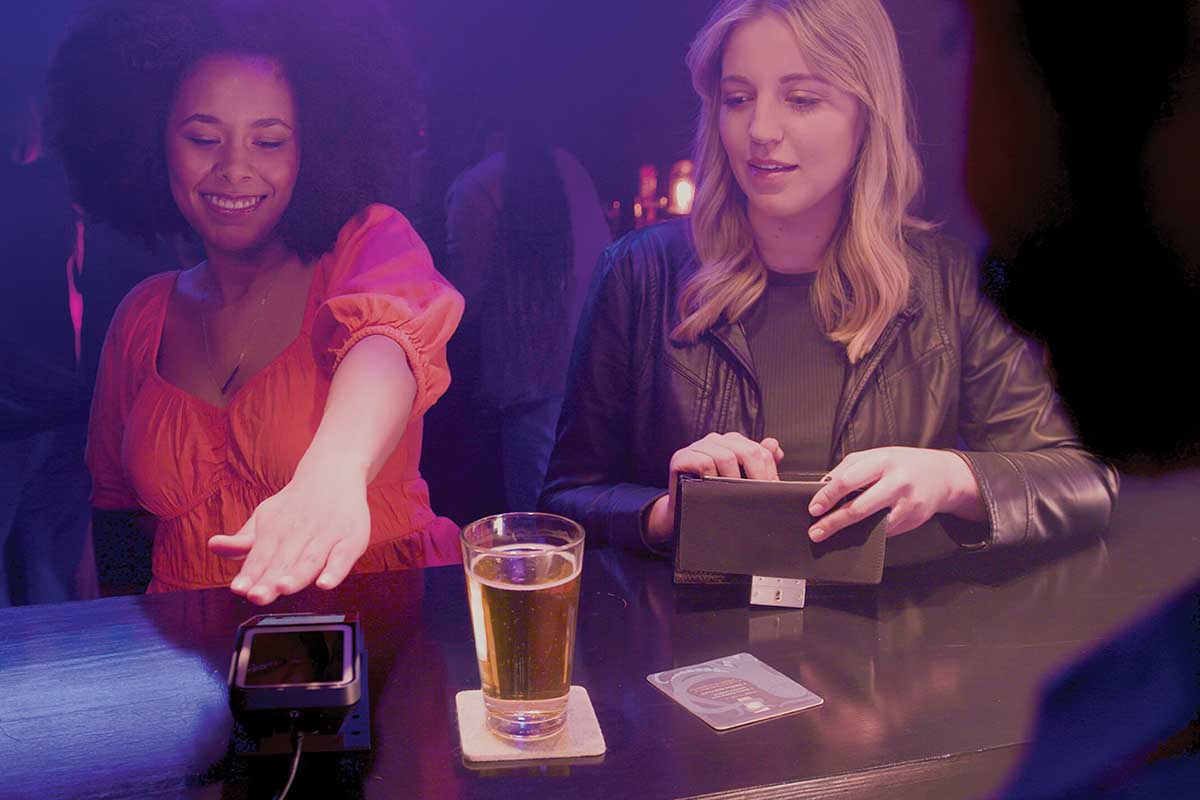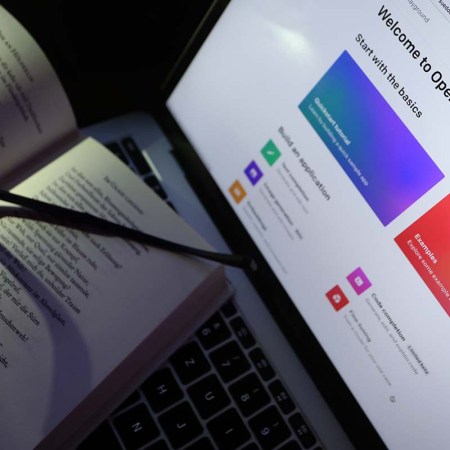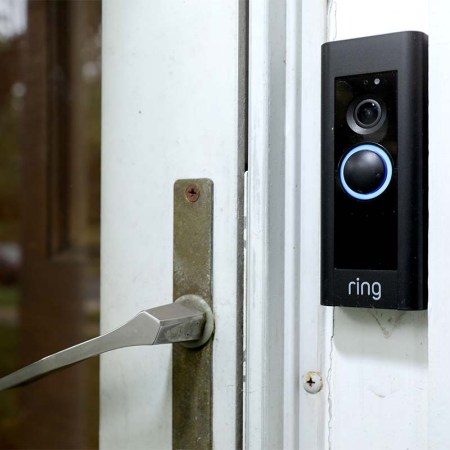Fake IDs are about to get really messy: Amazon’s palm-scanning tech can now verify a person’s age, which could make it more attractive to bars and alcohol sellers. Per The Information, Amazon One — the shopping giant’s contactless payment/identity service that’s already available at several Whole Foods, Starbucks and Amazon Go stores — requires potential customers to enroll in Amazon One by scanning their palms into Amazon’s system and upload their government IDs and pictures of themselves. From there, the customer’s palm serves as a unique identifier during the checkout process and potentially speeds up transactions, as no one has to dig through their wallets for a driver’s license; instead, they simply hover their palm over a device.
“We launched Amazon One, our palm-based identity service, to remove friction from everyday activities and create a faster and more convenient way for people to pay or enter a location,” a new Amazon blog post notes. “Customers love the convenience of paying with their palm; however, when it comes to purchasing alcohol, friction is reintroduced as customers must produce a government-issued ID for age verification.”
Starbucks Is Joining a List of Major Companies Using Amazon Biometric Software
It’s using Amazon One, Amazon’s contactless payment system that involves a palm scanThe service will initially roll out at two locations within Colorado’s Coors Field.
So, is this a good or bad idea? Frictionless transactions are great, though Amazon’s previous attempt (the “just walk out” Amazon Go store) has been met with resistance. And while the company claims that it “does not store customers’ government-issued IDs,” big tech brands have a long history of not respecting data privacy. As well, the transaction requires two “hovers” over a reading device, one for verification and one for purchase, an experience that doesn’t appear as seamless as Amazon is pitching.
The organization Fight For the Future has already succeeded in getting Colorado’s Red Rocks Amphitheater to stop using Amazon’s biometric readers, calling the technology “a tool of corporate surveillance and super-charged state violence.” And other privacy activists point out that while palm reading tech is potentially more secure than other biometric readings (faces, fingerprints, etc.), it’s still open to abuse.
“Retailers get hacked all the time. When most retailers get hacked, at worst you have to change your credit card number. But you can’t change your palm print if that gets compromised,” Albert Fox Cahn, executive director of the Surveillance Technology Oversight Project (STOP), told MIT Technology Review late last fall. “So we look at this as a way for people to potentially save a couple of minutes in line at the price of their biometric privacy for the rest of their lives.”
Join America's Fastest Growing Spirits Newsletter THE SPILL. Unlock all the reviews, recipes and revelry — and get 15% off award-winning La Tierra de Acre Mezcal.


















